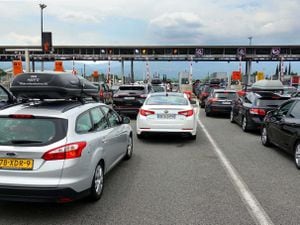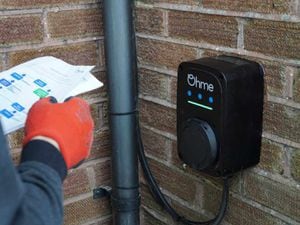Here are motorists' biggest concerns ahead of the general election
The RAC has announced its manifesto, stating what motorists want to know answers about leading up to the general election
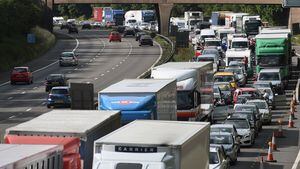
The RAC has issued a manifesto of issues that it feels currently affect British motorists.
According to the expert motoring organisation, six problems have been highlighted through consultation with the public.
RAC chief executive officer Dave Hobday, said: “Politicians would do well to listen to the UK’s 38 million motorists, who each year contribute around £40bn to the Exchequer. “
Fuel duty and insurance premium tax not being raised
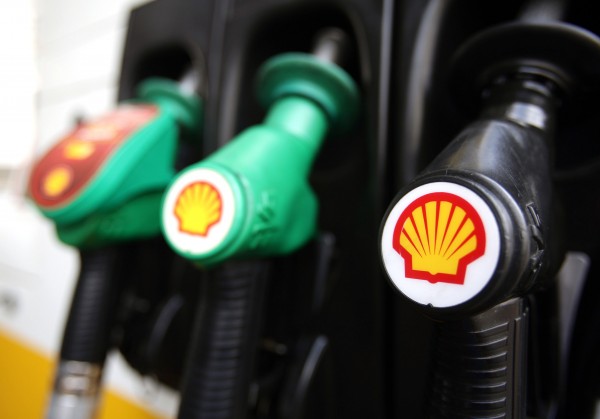
In November 2016 Chancellor of the Exchequer, Philip Hammond, issued his autumn statement. It stated the government would not raise fuel duty for 2017. It also cited that it would be frozen and save drivers an average of £130 per year.
But Hammond admitted there would be a rise in insurance premium tax from 10 per cent to 12. He stressed that there would be no further plans for a greater hike in the tax after it is imposed from June onwards.
In a statement insurance company Zurich, said: “This will be the third rise since November 2015, meaning that IPT will have doubled from six per cent to 12 per cent in less than two years.
“This comes as a challenge for customers large and small who are trying to manage their spending more than ever, as well as the costs on insurers to implement changes.”
An air quality plan
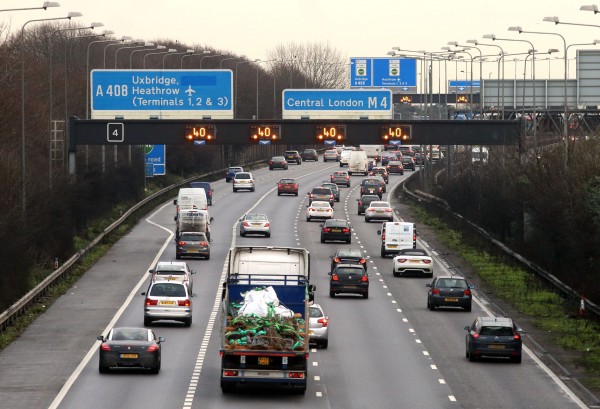
Since the government released its controversial air quality plan, questions are being asked about why diesel is an issue and how the government plan to kerb the problem.
Back in April 2015, environmental lawyers ClientEarth won a Supreme Court ruling against the government.
It ordered ministers to come up with a plan to bring air pollution within legal limits as soon as possible.
However ClientEarth felt the plan was so poor that it took the government back to court in a judicial review.
Air quality lawyer for ClientEarth Alan Andrews, said: “We hope the new Government will finally get on with preparing a credible plan to resolve this issue once and for all.
“We need a national network of clean air zones to be in place by 2018 in cities across the UK, not just in a handful of cities.”
Expenditure on motorways and major A-roads
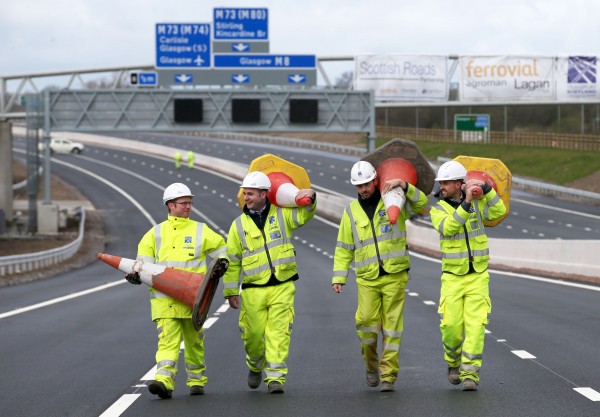
Investment in our road network is a very important issue to many people, especially with the recent increase in vehicle excise duty.
The government released its ‘beyond 2020’ plan in 2013, stating £11.4 billion would be invested into our road system between then and 2020.
So far £7.7 billion of the original amount has been assigned to 112 projects. This is viewed, as ‘stable funding needed to plan ahead’.
The first road investment strategy outlines a long-term programme for motorways and major roads.
In the past funding was approved on an annual basis, which led to uncertainty about the delivery of those schemes.
However with only a certain percentage of the original budget allocated so far, many people are questioning if enough money is being used in road projects.
A source from within the industry, said: “The amount of funding is never enough. This often leads difficult decisions about where investment should be made.”
Investment in maintaining local roads
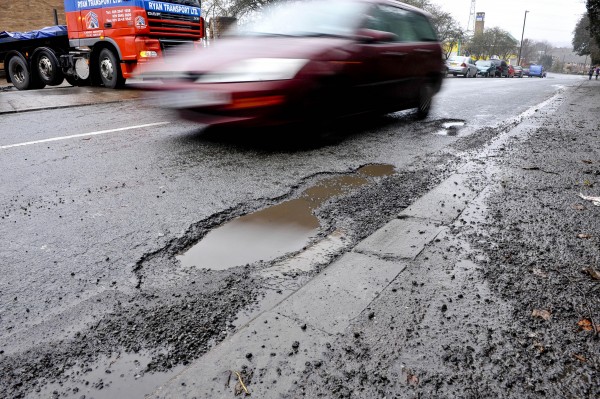
Leading on from the point above regarding funding, often the smaller local roads are forgotten.
However in January the government allocated £1.2 billion to local councils for upkeep of its roads.
A source within the industry explained, he said: “The Road Investment Strategy, which has cross party support, ring fences funding, allowing schemes to be programmed and cost profiled giving the government greater certainty of delivery and anticipated expenditure. “
Bringing the rising cost of car insurance under control
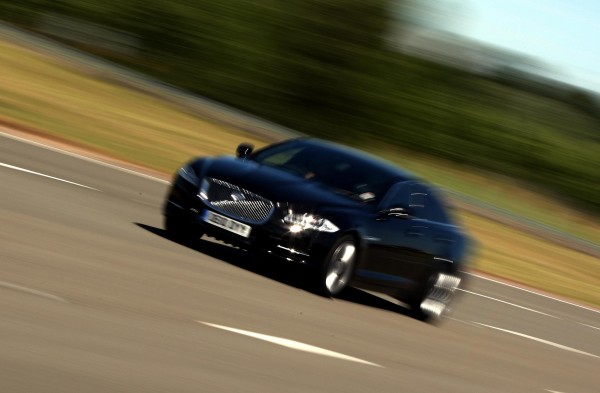
According to the Association of British insurers (ABI) insurance costs have risen by eight per cent in the last year, with the average insurance premium now costing £462.
This is mainly due to the staggering increase in personal injury claims, forcing insurers to rack up the prices.
Motorists therefore want assurance that insurance can be capped with government input.
Amanda Stretton is the motoring editor for insurance comparison website confused.com. She said: “As the industry adapts to additional pressures, we could be on course to drive past the £858 peak we saw in 2011.
“As car insurance costs continue to climb, average premiums could even break the £1,000 barrier by next year.”
Commitment to regulating private parking
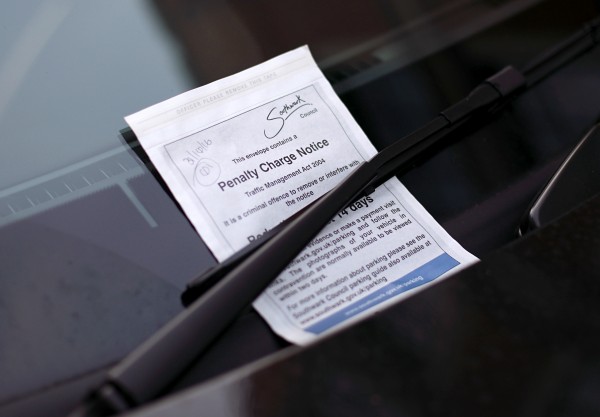
Figures released by the Driver and Vehicle Licensing Agency (DVLA) back in April, suggest 4.7 million motorist’s vehicle details have been released to parking companies across the UK since 2016 – an increase of 28 per cent.
Motorists face skyrocketing fines, with people forking out over £100 in some cases.
Experts are calling on the Government to take action. Stephen Glaister, director of the RAC foundation, said: “To avoid situations where parking restrictions could not be enforced, the Government enabled vehicle keeper liability, allowing private parking companies who are members of an ATA to request DVLA data.
By selling publicly owned data about vehicle owners without defining what constitutes a reasonable parking charge, the Government has sold the motoring public short.”
By Aidan Rennie-Jones


